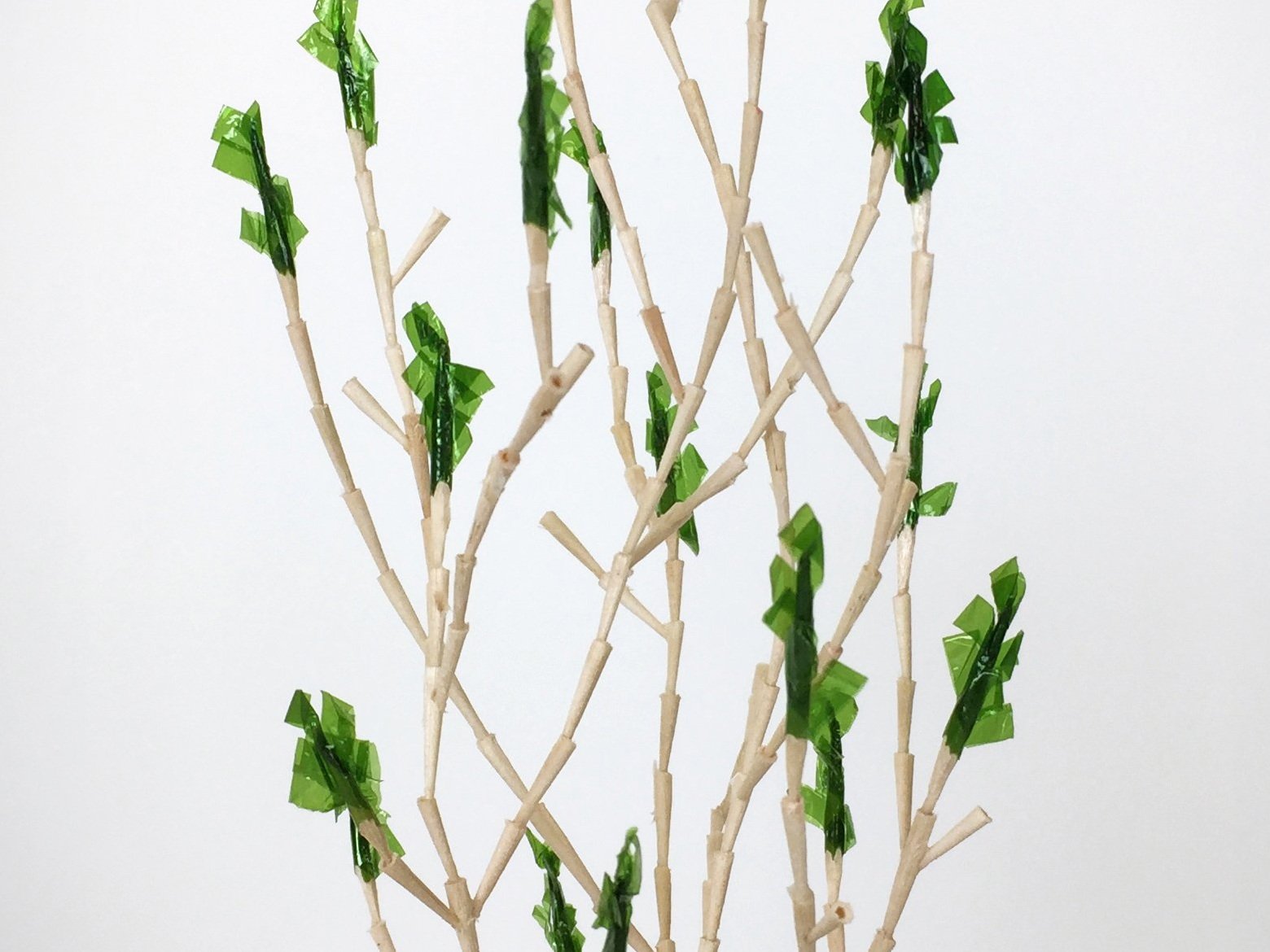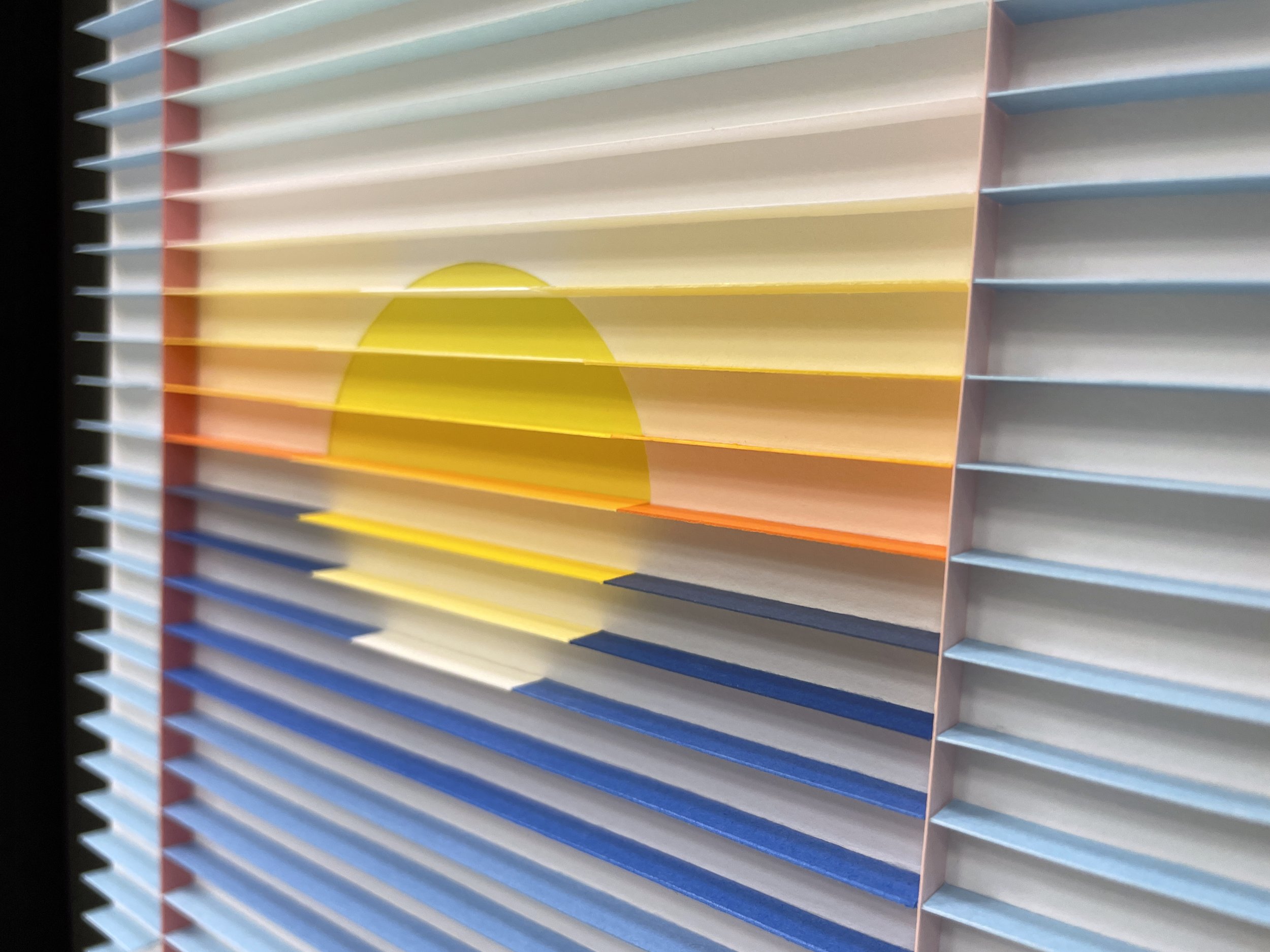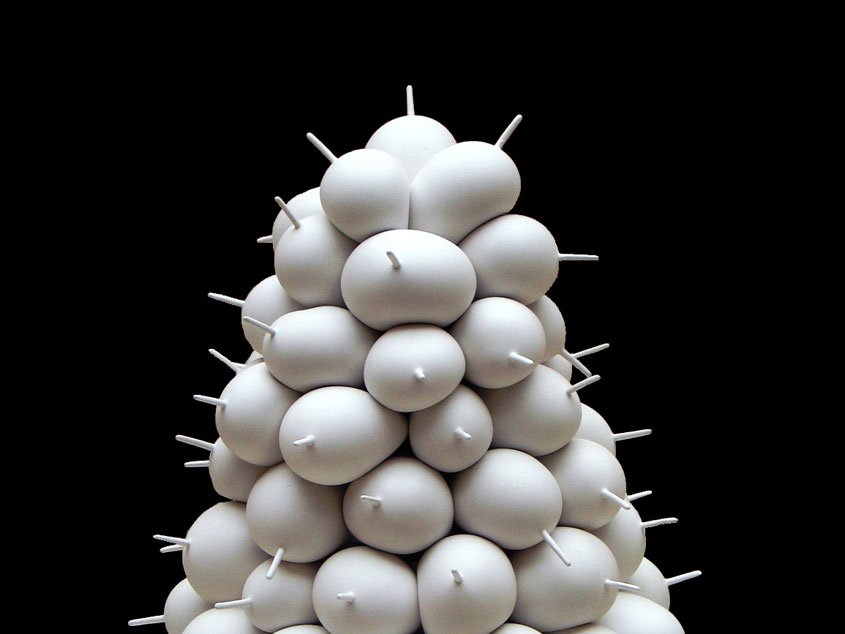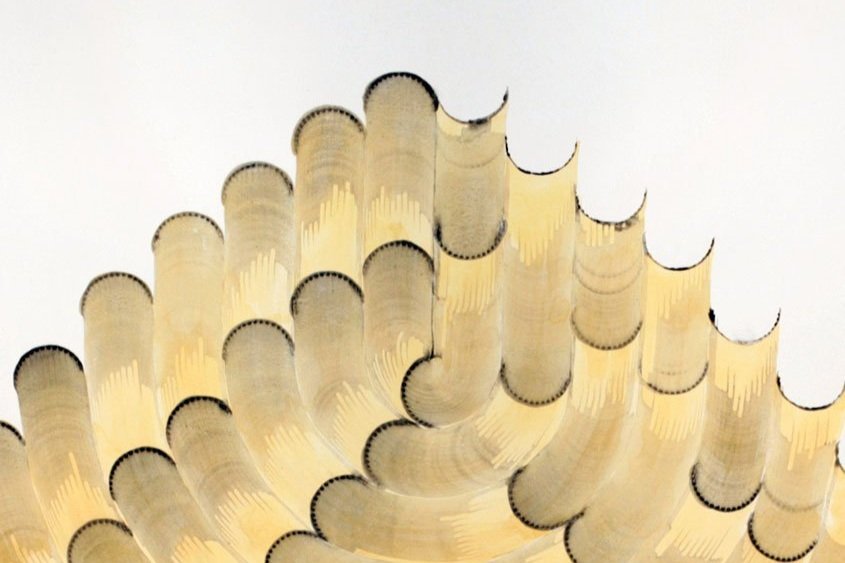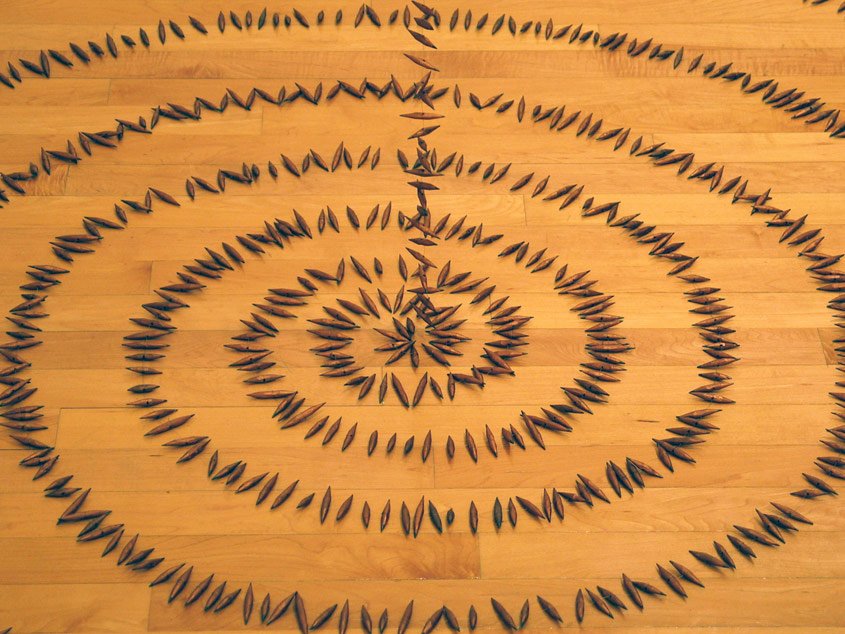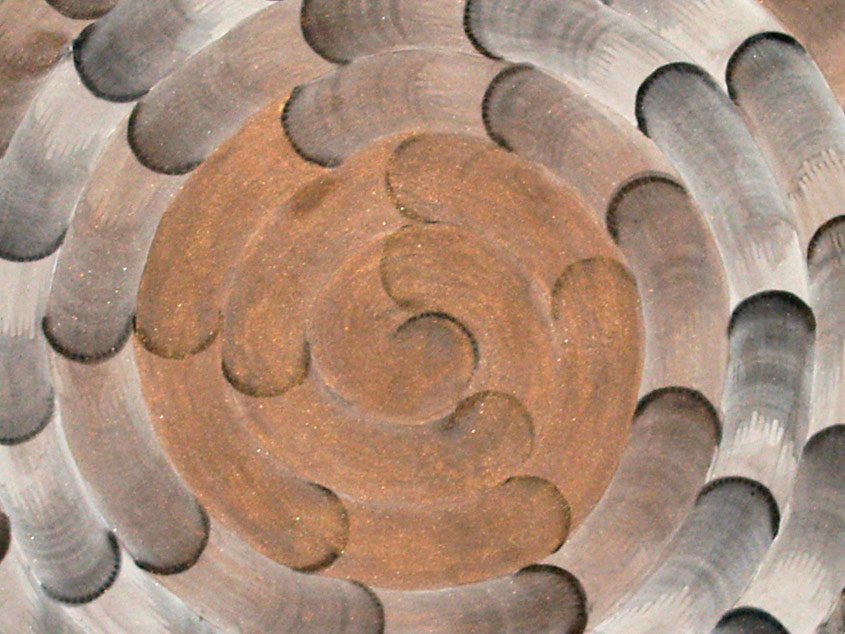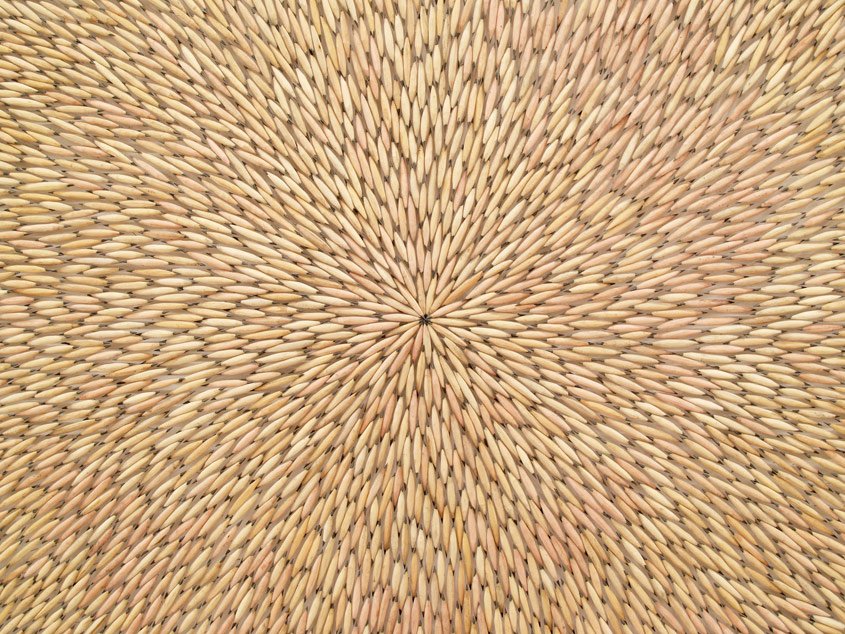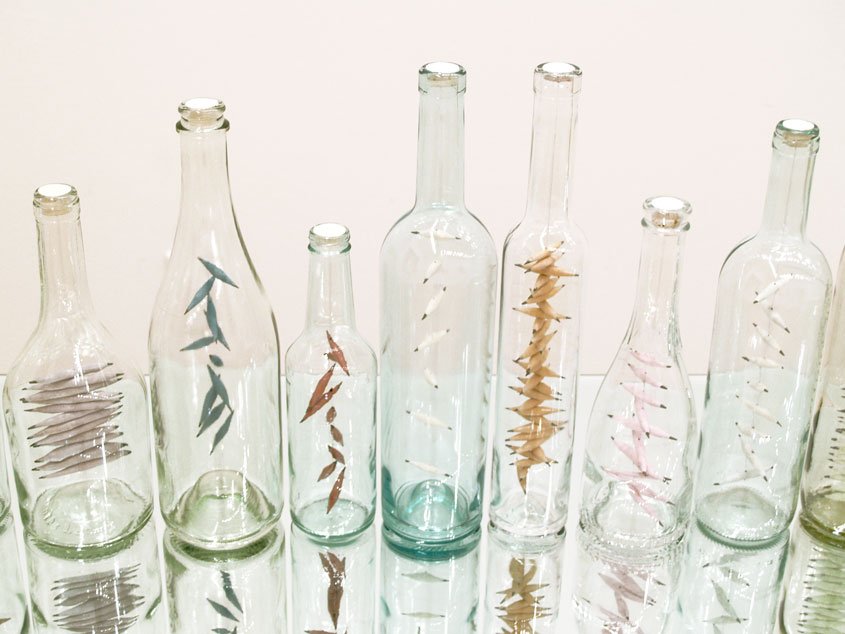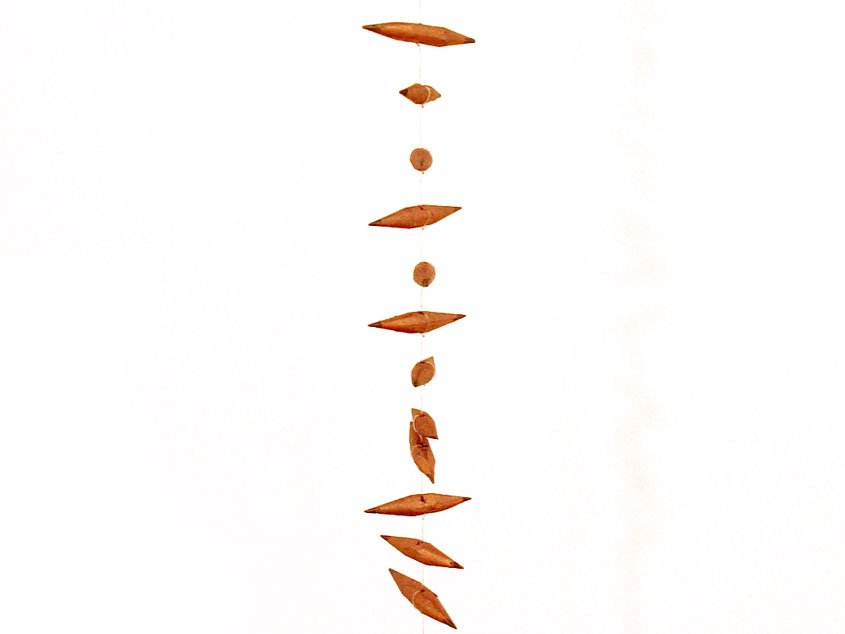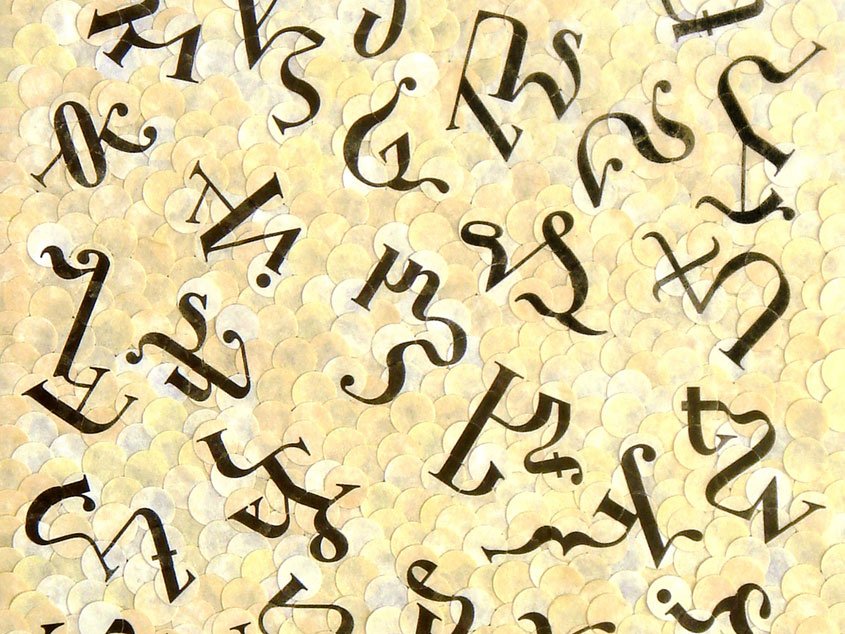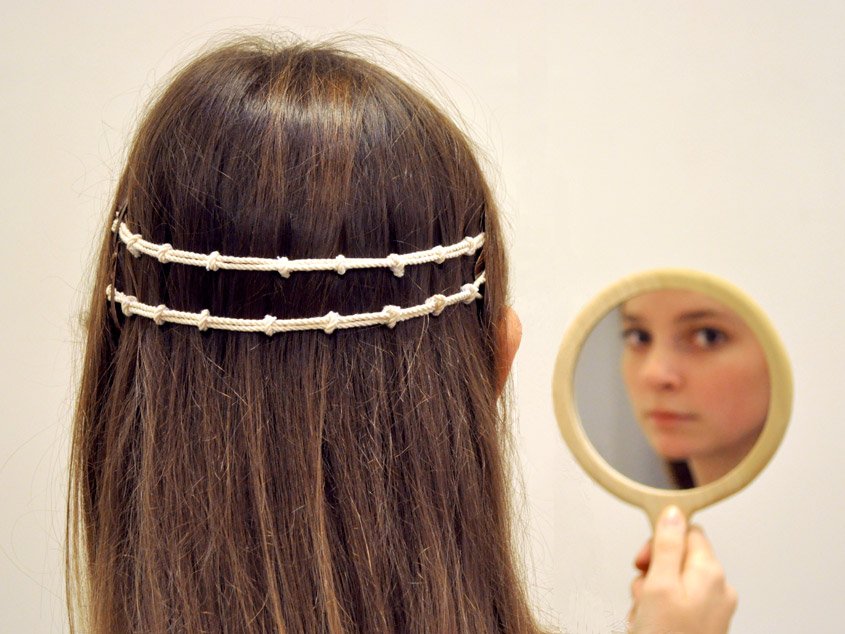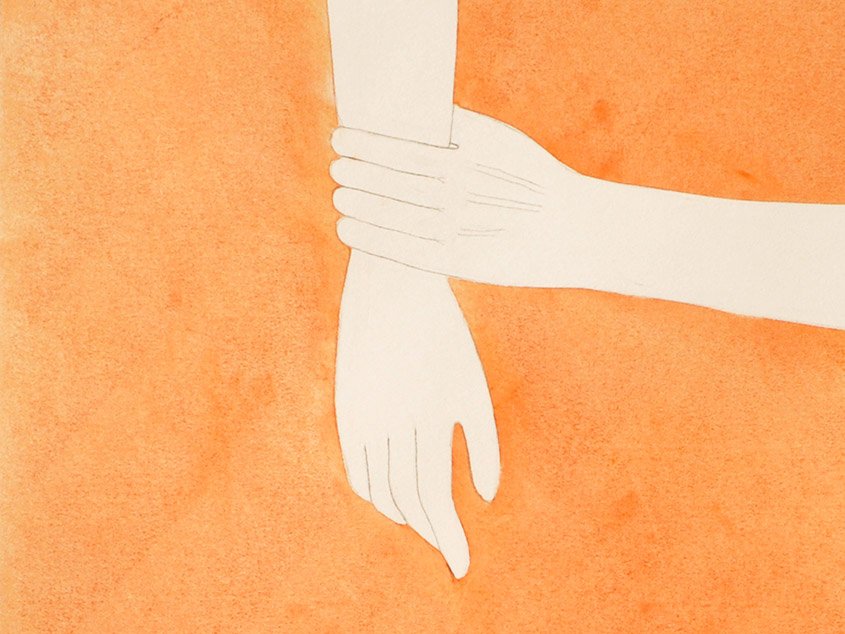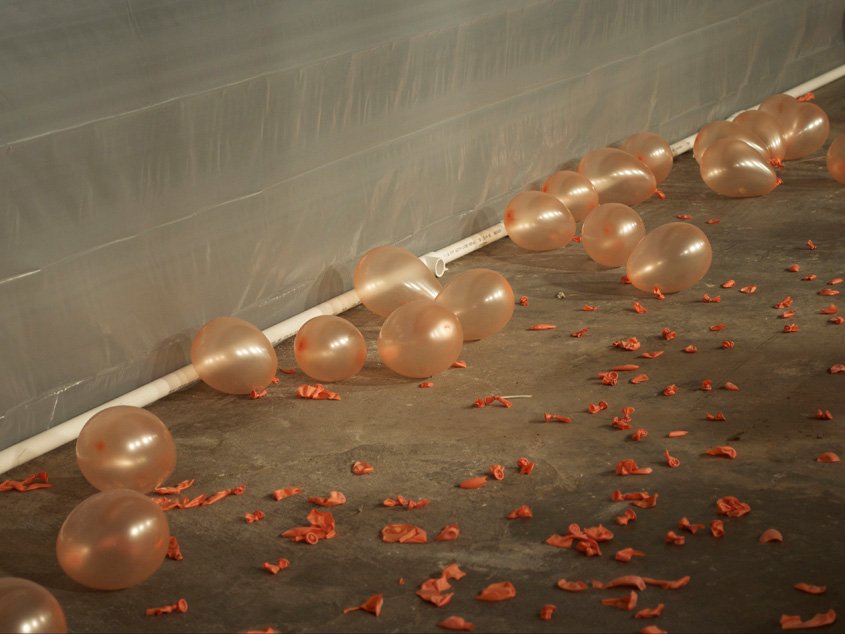Artist Statement
I find creative expression through a variety of media. An interest in working with the commonplace remains a driving force behind my work. I begin a piece by considering how to recontextualize or manipulate a mundane object in a way that challenges the role of that object in our everyday lives. My aim is to provoke intellectual inquiry and psychological tension in viewers as they seek to understand the implications of these transplanted and transformed objects.
Click here to read my M.F.A. thesis.
Complex Simplicity
By Devora Olin
There's a complex simplicity at work in the art of Lauren Cunningham. Over the last decade, the Atlanta-born artist has spun a web of work that has intricately evolved past her formative years as a sculptor into a multimedia oeuvre that transcends the material. Although she continues to incorporate mundane objects into her art—balloons, bottles, rope, pencils—the weightiness of earlier works like Comb Curtain has all but dissipated. The physicality of the object has been replaced with an airiness. Taking a quasi-minimalistic approach to her subject, Cunningham allows the object to exist as an object only if it keeps within elastic boundaries. Even when words are part of her art, their meaning is questioned, deconstructed, torn apart, but never fully resolved. In the drawing Rope, for example, string takes on a more sinister quality as it is re-envisioned, maybe, as the word rape.
Although Cunningham continuously recontextualizes the quotidian, she never forces an interpretation on the viewer. With denotation and connotation constantly in flux, the artist toys with social constructions of language but doesn't resolutely respond to the questions she asks. In her work, awareness comes through inquiries—not answers. Nevertheless, there exists a feathery tension that belies the undeniably feminist undertones of her work. In Cairn, Cunningham's pyramid of plaster-cast balloons resembles a heap of breasts that toes the line between female objectification and empowerment. The subsequent Conveyer, though, pushes the artist's work away from objectivity and toward subjectivity. Silhouetted behind a screen, two women pop flesh-colored balloons via a mechanical belt. At once systematic and chaotic, the performance begs the question of whether the women are the ones in control or being controlled.
Whether a work is more ostensibly physical like the pencil-laden Burst or less concrete like the video Chaos, Cunningham's art broaches on the metaphysical. Regardless of medium, her works question perception and the nature of being. The feminism inherent in Knife, for example, flirts with a concept that is entirely anti-female. In the context of her oeuvre, though, there's an understanding that one can't exist without the other. You can't have love without at least the notion of hate, and you can't have feminism unless you're willing to examine the belly of the beast. Cunningham's work is a study of contrasts that delves into the inevitably unavoidable. Even the more gender-neutral Under Construction evokes the same masculine qualities that her feminist works often enjoy. In the drawing, rafters seem to form the letters H-E-A-V, with the rest of the structure disappearing off the page. What does the arrangement spell out—Heave? Heavy? Heaven? Or, perhaps, nothing at all? No, she's not telling. In true Cunningham fashion, the question is left unanswered. But as is always encouraged, feel free to speculate.
Devora Olin graduated in 2010 with a Master's in Journalism and Mass Communication from the University of Georgia. She studied English Cultural Studies and Art History at McGill University in Montreal. She currently works at CNN in Atlanta.
